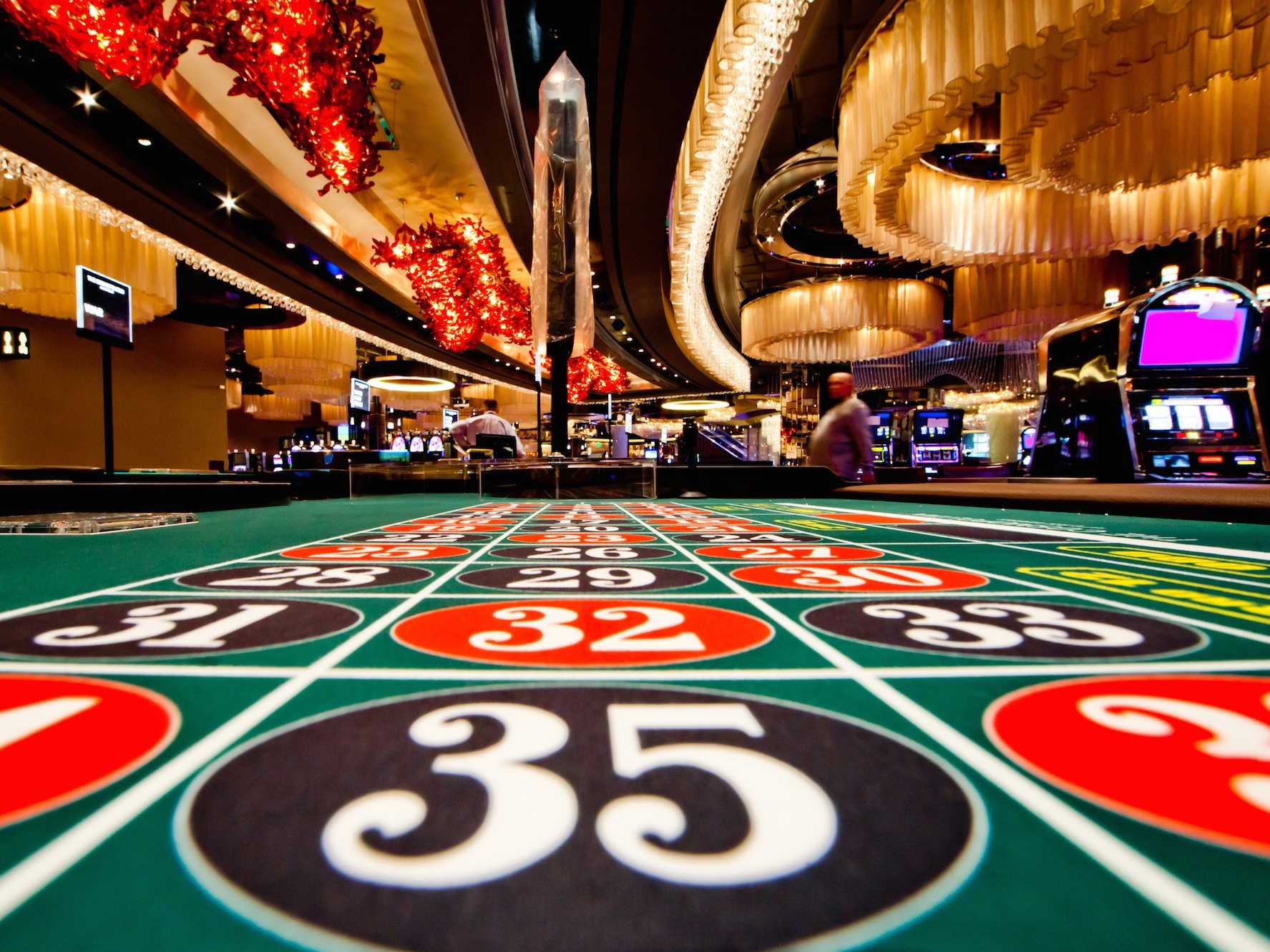
Casino games have enthralled players for centuries, progressing from simple pastimes to sophisticated forms of entertainment that integrate luck, strategy, and entertainment. From the historical origins of gambling in societies including Mesopotamia and Rome to the extravagant corridors of contemporary casinos, the journey of these games shows much about human nature and our relationship with risk. As societies have intertwined and technology has advanced, casino games have changed, reflecting shifts in society and innovations in gameplay.
The initial iterations of gambling likely featured elementary dice-based games and placing bets on the outcomes of sporting events. Through the years, these primitive activities grew into more complex games like table games, the roulette wheel, and the multitude slot games that populate the floors of casinos today. Each era brought its unique rules, visual styles, and social relevance. At present, casino games persist in evolving with the rise of internet-based platforms, enabling players from everywhere to participate in a collective experience, further merging the traditional with the age of technology.
Initial Origins of Gambling Activities
Gaming activities have foundations that reach back to ancient societies, where gambling was profoundly entrenched in social traditions and cultural customs. The earliest known forms of gambling developed in Mesopotamia around 3000 BC, involving primitive die games made from bone material. These primitive games laid the groundwork for more complex gambling activities, demonstrating human beings’ natural desire to find wealth and amusement through luck.
As civilizations developed, so did their gambling interests. In historic China, around two thousand three hundred BC, tiles were unearthed that looked like early rudimentary forms of a lottery activity. More organized forms of gambling developed in the ancient Roman civilization, where games of chance were a common recreation, often occurring in community events. The Romans developed various betting games, which entailed dice and board games, highlighting the widespread nature of betting across various economic classes. 77win apk
With the flow of ages, these primitive games contributed to the evolution of contemporary gambling games. In the Middle Ages, card games grew prevalent in European culture, paving the way for the organized gambling venues we know today. The transition from informal gambling to formal gaming in taverns and private homes marked a major change in how people engaged with activities of chance, leading to the eventual creation of gaming houses as specialized places for gambling.
The Growth of Current Gambling Industry
The late 20th century marked a significant change in the world of gambling games, fueled by technological advancements and shifts in cultural attitudes towards gambling. The emergence of computers and the World Wide Web revolutionized the way players engaged with their beloved gaming experiences. thể thao 77win Online casinos emerged, allowing players to enjoy classic table games like poker and blackjack from the comfort of their houses. This new digital landscape not only broadened availability to casino games but also drew in a fresh crowd who found the convenience and variety tempting.
As online gambling gained momentum, so did developments in casino tech. The development of advanced software and graphics converted traditional casino games into immersive adventures. Gamblers could now connect with authentic live dealers through real-time broadcasts, bringing the feel of physical casinos directly into their homes. This blending of live gaming with online platforms created a novel combination that enhanced the community element of playing, allowing it possible for individuals to engage and compete with others around the world.
Moreover, the growth of mobile gaming significantly changed the gambling environment. With the ubiquitous use of mobile phones and touch devices, gamblers can enjoy their beloved casino games everywhere, anytime. Mobile applications offer a wide selection of games optimized for touchscreens, catering to the dynamic lifestyle of modern users. This availability has resulted in increased engagement in gambling, fostering the exponential growth of the gambling sector. As a result, the future of the gaming industry continues to progress, adjusting to technological advancements and shifting player expectations.
The Impact of Technology on Casino Games
Technology’s advancement has significantly transformed casino games, improving the overall experience for players for players around the world. With the introduction of the internet, online casinos emerged, allowing players to enjoy their favorite games from the comfort of their homes. This shift not only made casino games more accessible but also increased the variety of games available, as online platforms could offer many different versions of traditional games without the limitations of physical casinos.
The rise of mobile technology further revolutionized the casino gaming landscape. As smartphones and tablets became widespread, players can to play casino games whenever and wherever they want. This mobility has resulted in the development of dedicated mobile applications and optimized websites that offer smooth gaming experiences. Additionally, innovations such as live dealer games have brought the genuine feel of a casino into players’ homes, bridging the gap between physical and online gaming.
Furthermore, advancements in AI and VR are leading to the next generation of casino games. AI enhances game design and player interaction, creating tailored experiences based on user behavior and preferences. Meanwhile, virtual reality offers immersive environments where players can interact in a virtual casino environment, making the gaming experience more engaging and lifelike. As technology continues to evolve, the future of casino games looks promising, filled with endless possibilities for advancements and entertainment.



